The African Food Fellowship celebrates another graduation
Stella Odhiambo & Jaqueline Kubania
Latest posts
Share:
There were candid reflections of their ten-month journey, heart-felt speeches, and of course, lots and lots of dancing!
Second Kenya cohort joins the Kenya Food Fellowship
The African Food Fellowship is growing! It graduated its second cohort of Kenya Fellows on 22 Sept 2023.
27 Fellows’ efforts were celebrated amid lots of pomp and colour and they happily received their certificates for successfully completing the prestigious Food Systems Leadership Programme, which equips them with the skills, knowledge, and connections needed to initiate and deliver effective food systems actions.
Their leadership journey with the Fellowship does not end there. They continue their food systems transformation work through the Kenya Food Fellowship, a self-organising space for connecting with their fellow food system actors, learning with and from one another, taking action towards changing what’s not working within food systems, and where a feeling of belonging to a group of passionate, like-minded individuals is harnessed.
“We are proud to graduate this cohort of Fellows, who are among the most exciting food systems leaders in Kenya today. They bring a wealth of knowledge and experience to the food system as innovators, entrepreneurs, food producers, researchers, financiers, and policymakers. We have the utmost confidence in their capacity as change-makers,” said Kenya Dean and Implementation Lead, Brenda Mareri.
"Let’s be bold and identify what the African agenda is"
The Fellows showcased their food systems actions which are designed to offer real-world solutions to the greatest challenges facing Kenya’s horticulture, aquaculture, and agri-finance sectors today. Some of these include research on unconventional sources of food (including insects and indigenous crops), financing opportunities for smallholder farmers, and initiatives to deliver safer food to consumers.
The keynote speaker was Rikki Agudah, the Board Chairman at the Society of Crop Agribusiness Advisors of Kenya. He lauded the Fellowship for bringing different food systems leaders together and providing a space where they can collaborate.
He called on Fellows to focus on a common goal and lend their strengths to solving common issues.
“Let’s be bold and identify what the African agenda is. What exactly works for us as a continent? We might shine as individuals but if we want to achieve impact, we must work together. This is the only way we can achieve change,” he said.
As members of the Kenya Food Fellowship, the graduates will continue to enjoy learning opportunities and platforms where they can contribute to Kenya’s food systems agenda.
The African Food Fellowship has recently onboarded the third cohort of Fellows in both Kenya and Rwanda who started their leadership journey in September 2023.






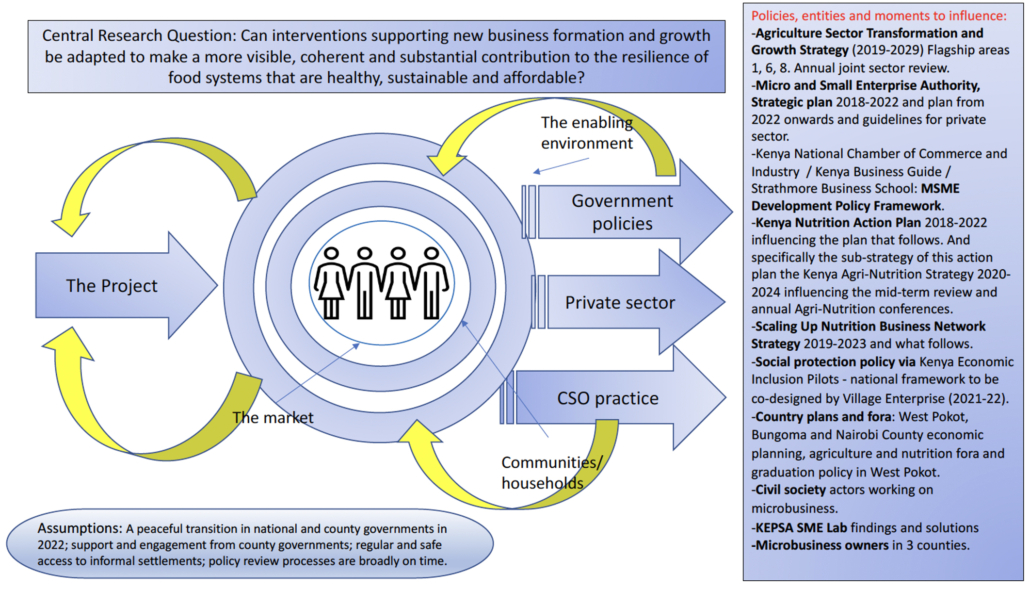
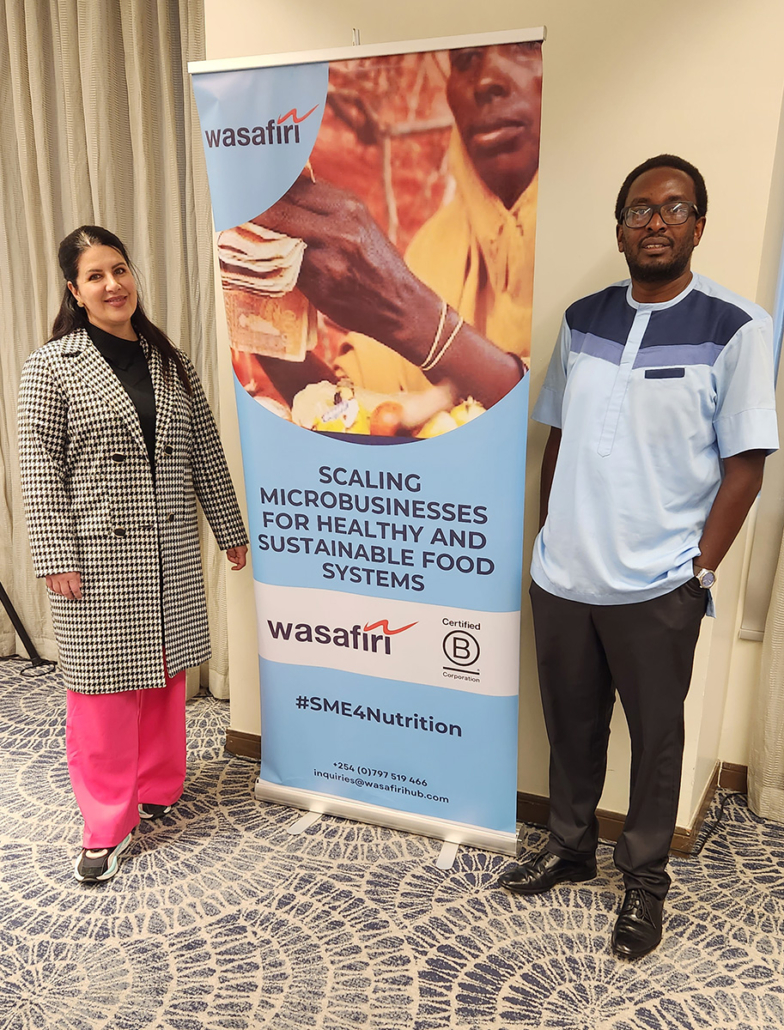
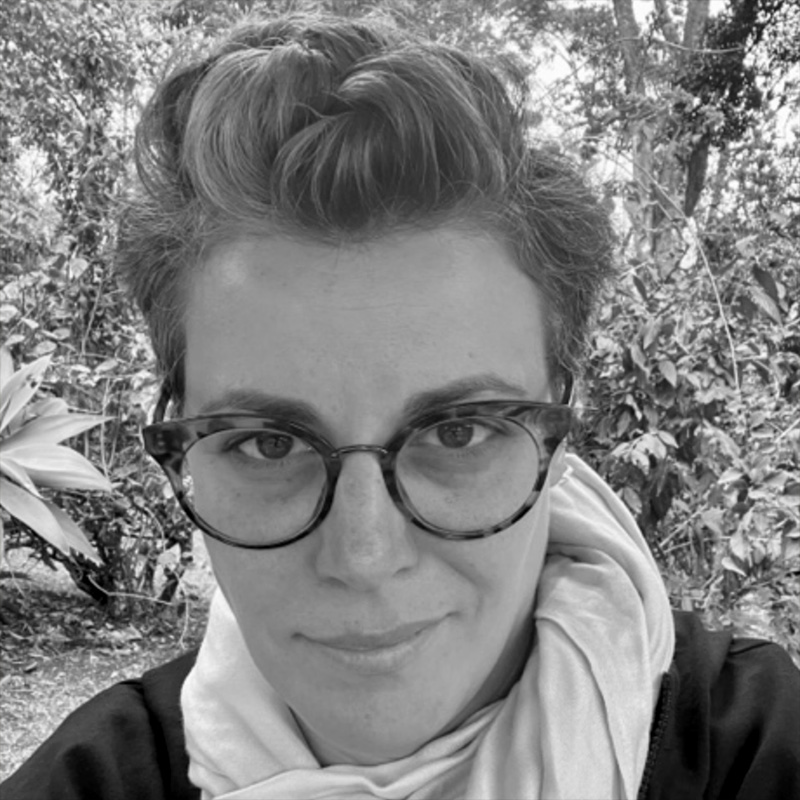
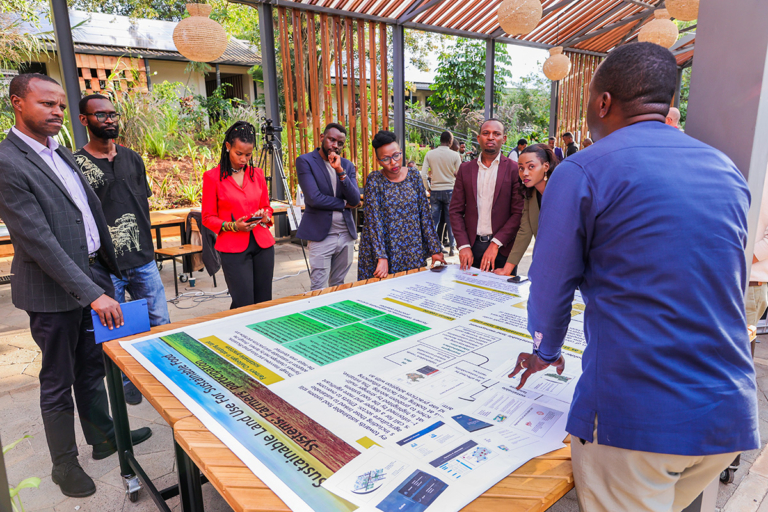


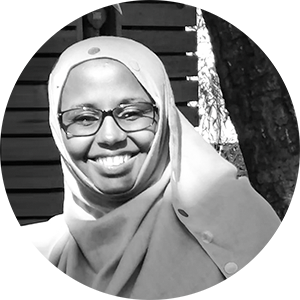 Born and raised in Mombasa, Kenya, Aisha has fond memories of her childhood. Her closest sibling describes her as responsible, empathetic, and dependable.
Born and raised in Mombasa, Kenya, Aisha has fond memories of her childhood. Her closest sibling describes her as responsible, empathetic, and dependable.
